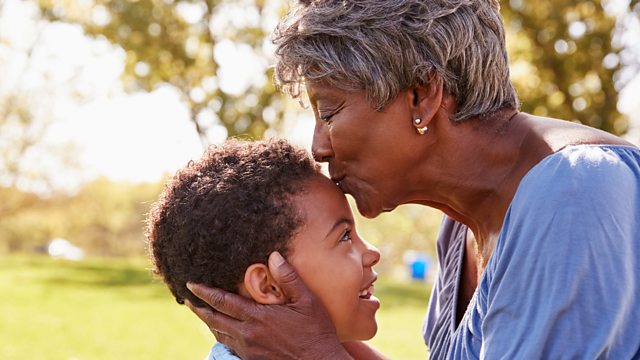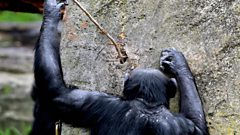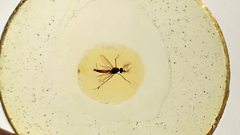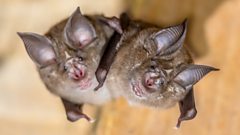Could our genetic ancestory influence our response to viruses?
One of the quirks of the Covid-19 virus is the many symptoms and how those affect different people. Some are not even aware they are infected, the majority experience mild symptoms, but for a minority the effects are devastating. Age and pre-existing conditions explain some of the disparities and there are social factors but variations in immune response also play a part.
Haley Randolph of Chicago University has been comparing the immune responses of people of American-European ancestry with those of American-African ancestry, to see if there were differences in how their immune cells responded to viral infection. For this research, she used an influenza virus from a previous pandemic. She found that the response varied enormously, and that people with a higher proportion of European ancestry had a more effective defence, but stressed that this could also be down to environmental factors.
Photo: An older woman kisses a younger kid Credit: Getty Images
Duration:
This clip is from
More clips from Science In Action
-
![]()
How do chimps learn their skills?
Duration: 15:25
-
![]()
Pompeii: DNA reveals truths about victims' identities
Duration: 04:44
-
![]()
Libanoculex Intermedius—Can carbon capture live up to its hype?
Duration: 00:52
-
![]()
How 'viral sex' in bats can create new hybrid Sars viruses
Duration: 06:05






